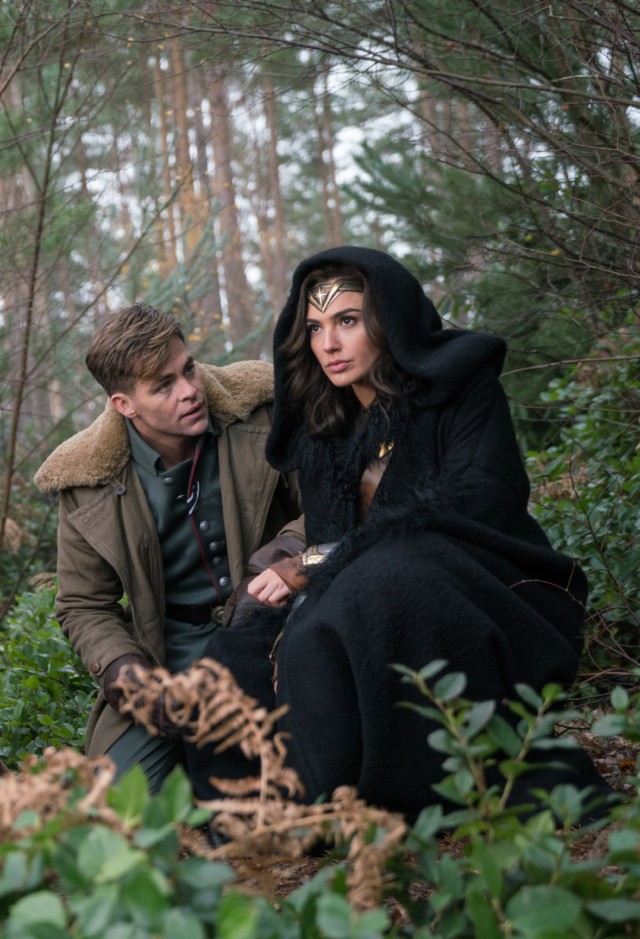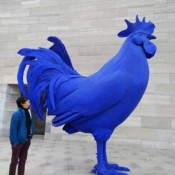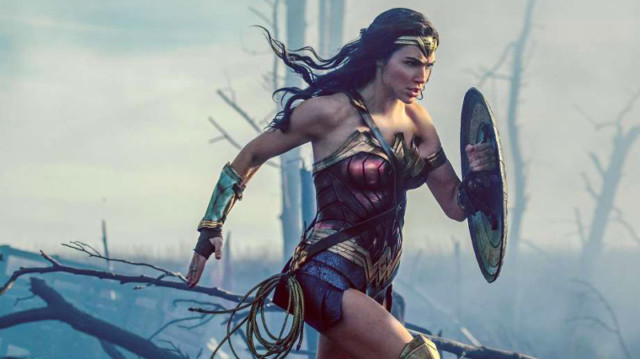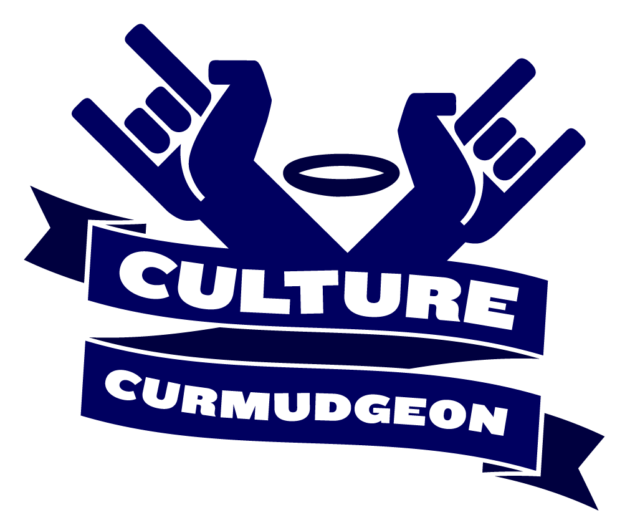For all its flaws, “Wonder Woman” was the superhero movie everyone was waiting for. It’s a welcome change after years of flicks about testosterone addled superheroes (always childish adult men seemingly with daddy issues). For once, there’s a superhuman woman (or to be more accurate, a goddess) who’s snapping necks and cashing checks in her own feature film.
But it was unfair that so much was riding on Wonder Woman’s shoulders for a successful opening week. Some said that if the film flopped, Hollywood would be gun-shy about making another superhero movie with a woman in the lead. Typical of Hollywood’s hypocrisy, no one said anything about the subpar box-office performances of the Superman reboot “Man of Steel”, or “Batman v Superman: Dawn of Justice” (which in my opinion is the worst superhero movie ever made in the last five years).
Ahmad Coo is a producer and copy editor for the Global Business show on CGTN America. His analysis represents his views alone.
Not only did “Wonder Woman” blow past expectations, it’s made $223 million as of this writing. That means it’s outperformed both Thor movies, the first two Iron Man movies, Guardians of the Galaxy 1 and 2, Doctor Strange, the Captain America movies and “Man of Steel”. The feat is even more impressive knowing that this is Gal Gadot’s first major picture where she plays the lead. Moreover director Patty Jenkins broke the record for the biggest ever U.S. opening for a movie directed by a woman. It makes you wonder why Hollywood would even consider making another superhero movie with another white male in the lead. The upcoming Black Panther is a different matter.
The two-and-a-half hour period movie zips by thanks to great pacing and some very impressive action sequences. It also helped that it had genuinely funny moments. But as with all superhero films, it still has its share of missteps.
If any of the reviews are to be believed, “Wonder Woman” is supposed to be the first feminist superhero movie. And yes, it seems that description does apply to the film. Diana is an immortal goddess endowed with superhuman strength, the power of flight, and she’s indestructible. In terms of superpowers, she’s right up there with Superman, except she can’t die. She’s like no one else. Name one superhero who was formed from a lump of clay and brought to life by Jupiter (Zeus for the Ancient Greeks). Yes, that Roman god who fathered all the other gods.
Wonder Woman is Diana, goddess of the hunt, feared and revered by the Ancient Romans. According to their mythology, she was considered a champion of the downtrodden. She also became a goddess of fertility. In short, she makes all the superheroes in the Marvel and DC universe look amateurish.
That’s why it was so disappointing that this Hollywood version of Diana the deity came up short of what she meant or symbolized for ancient Rome. Sure, Gal Gadot’s Wonder Woman is formidable, and her character’s strength, integrity, courage and compassion is worthy of the Roman goddess. As Diana grows up in the film, you see her tenacity and willingness to learn the ways of her ancestors. She’s clearly superior in many ways compared to the other woman warriors from her tribe.
Wonder Woman should have dominated the movie completely, kicking everyone’s butt all over World War I Europe. For some reason however, she plays second fiddle to Chris Pine’s meathead of a character Steve Trevor — an American spy who’s a cheap version of Indiana Jones.

(L) Chris Pine as the unimpressive Steve Trevor and (R) Gal Gadot as Wonder Woman Courtesy: Warner Brothers
When they first meet, Diana (Wonder Woman) is awestruck by Trevor. She inexplicably starts acting like a curious child who’s fascinated with a new toy. More baffling is that her sudden infantilization comes right before she displayed her fighting skills, knowledge, and compassion in a training session with other Amazonians. It gets worse from there. Trevor starts talking down to her in what sounds like an almost parental tone. Seeing a mortal talking to a goddess as though she was an ignoramus is, put simply, insulting and annoying.
Another sticking point was the inevitable romance between Diana and Trevor. Early in the movie, the two leads start talking about sex and he asks her if Amazonians enjoy the pleasures of the flesh. She says yes, but that men aren’t part of the process, calling them “unnecessary” in an excellent putdown. But of course, she eventually succumbs to his charms and they end up sleeping together. It’s yet another missed opportunity to show that women characters don’t have to be sexualized in typical Hollywood films.
In the last hour of the movie, Diana turns into some sort of a bodyguard and sidekick for Trevor, who of course has become the de-facto leader of a resistance group that’s going to fight the bad guys, a superhuman at the beck and call of a less-than-capable mortal. This writer’s annoyance only grew more intense as Wonder Woman completely deferred to Trevor on every major decision leading to the final conflict.
Even more galling, it’s Trevor who ends up saving the day at the end of the movie by making a hero’s ultimate sacrifice. Some will probably argue that Wonder Woman also faced what looked an unwinnable fight. But in the end, Trevor was the one who ended up saving hundreds of thousands of people by sacrificing his life. Of course, Diana is devastated by his death, a goddess mourning a mere mortal. And he wasn’t even that impressive.
For all of its faults, “Wonder Woman” is still an excellent movie. Its flaws can also be overlooked because it shattered the glass ceiling for women superheroes.
It proved that a movie about a woman with superpowers can more than hold its own at the box office. It’s a good start to introducing some diversity in such a white-male-dominated genre, but this writer would argue that if Hollywood’s going to introduce feminist ideas in its superhero films, don’t go in half-assed and completely undermine those very ideas with extremely tired tropes that only serve to glorify and elevate the typical macho male superhero above everyone else.
 CGTN America
CGTN America
 Gal Gadot as Wonder Woman
Gal Gadot as Wonder Woman

